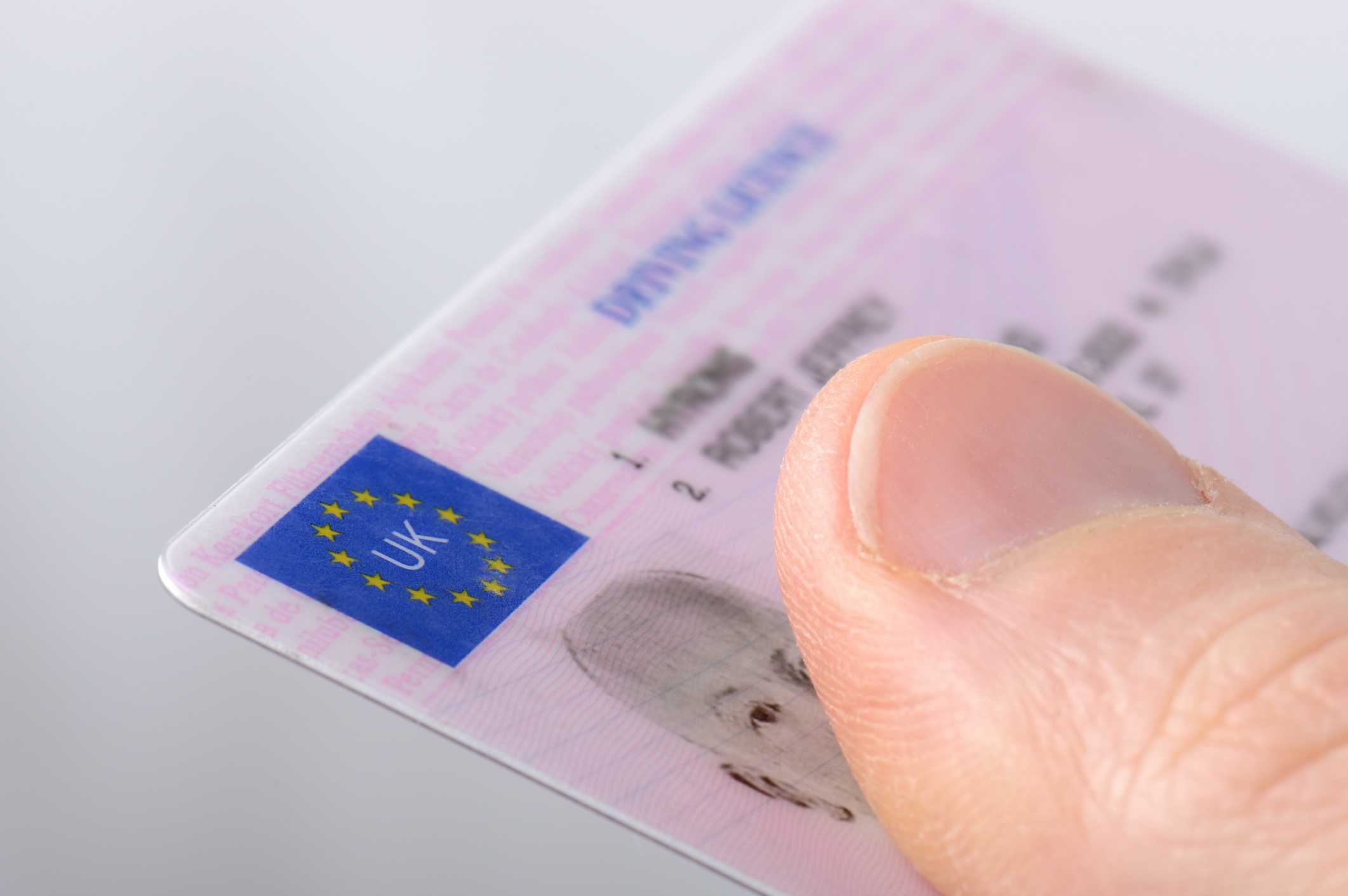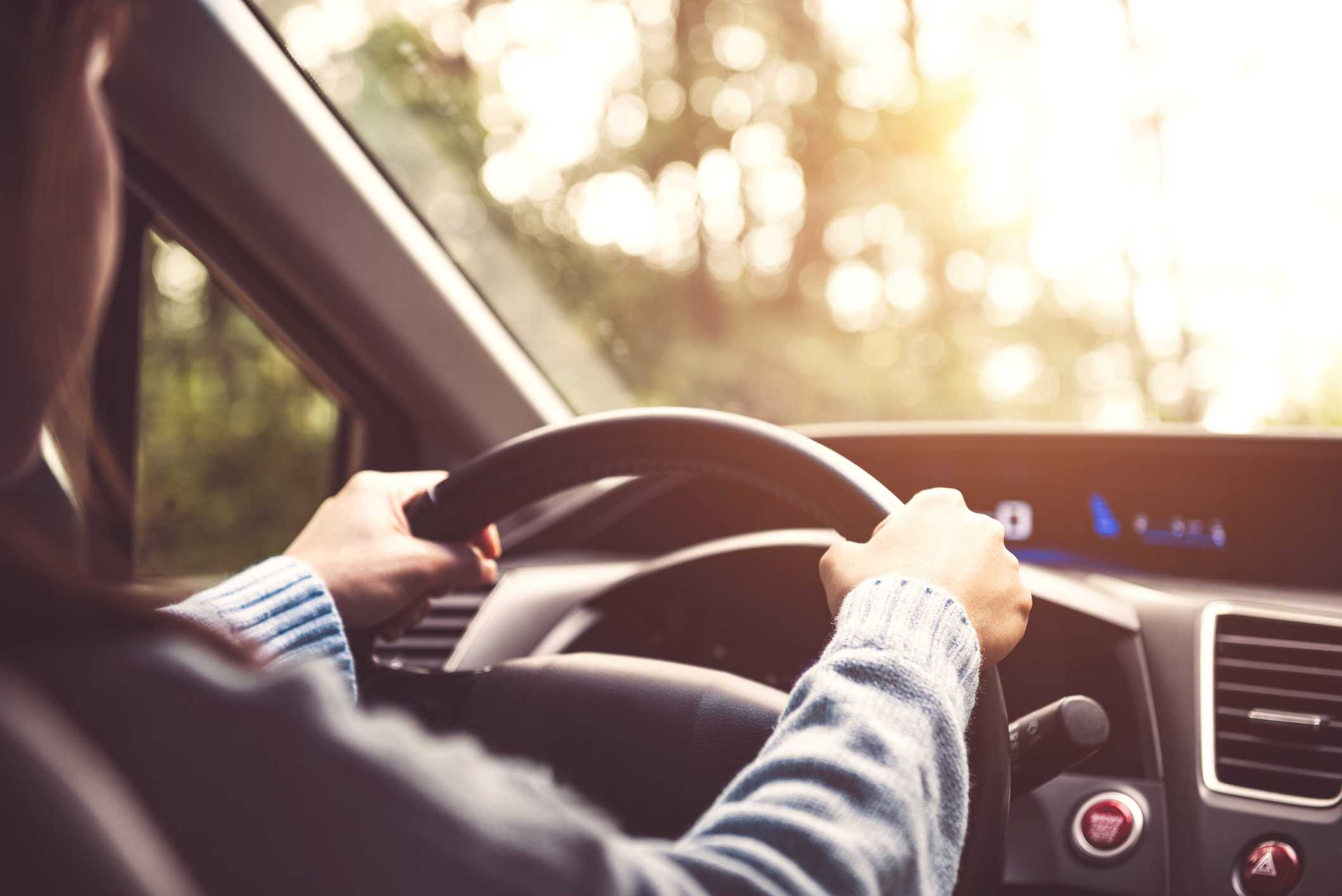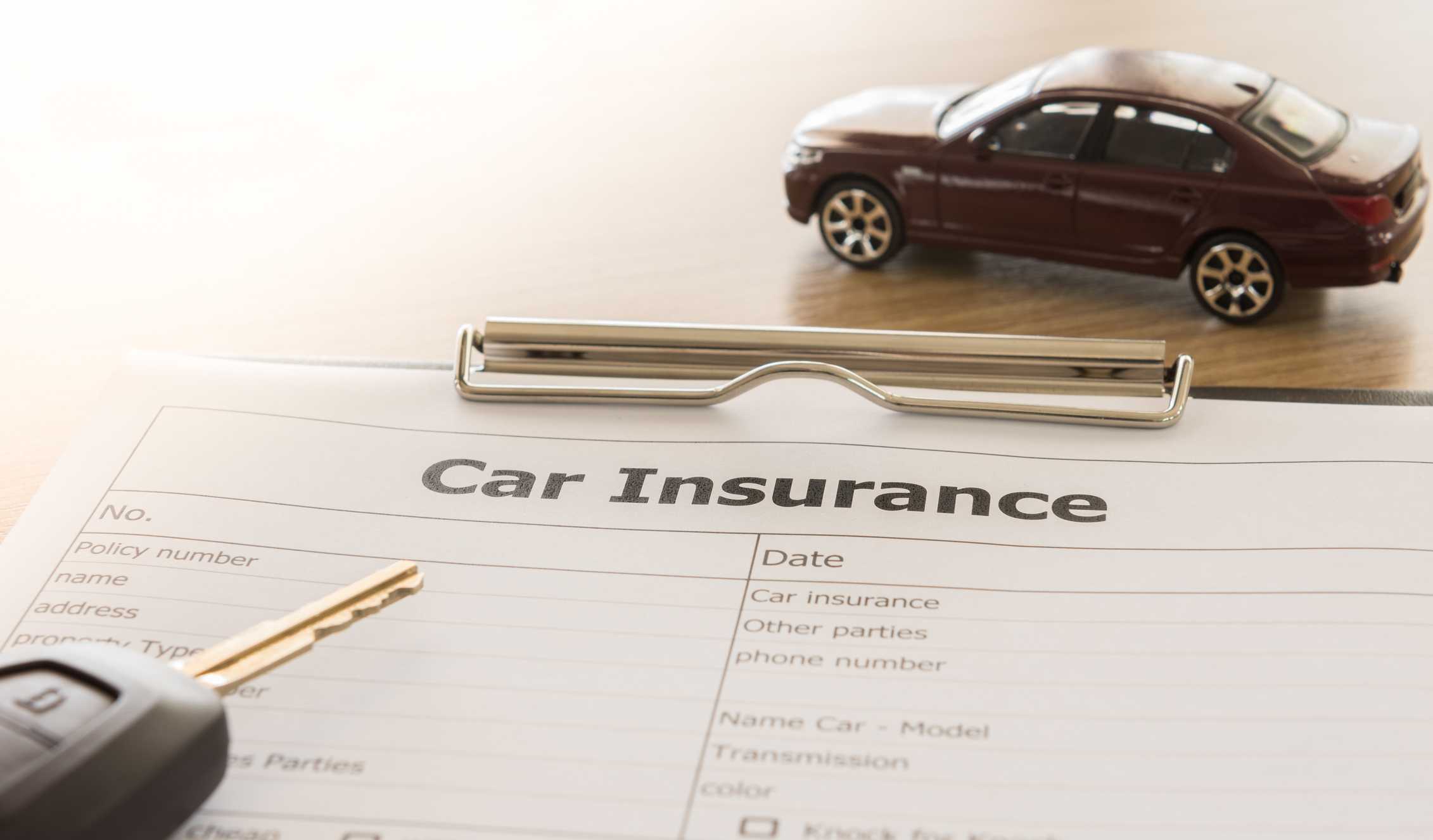How much diabetes affects driving largely depends on the medication you use, how well controlled your diabetes is and whether you have any other health conditions or complications that impair your ability to drive.
Safety at the wheel is always important and the most common risk amongst people with diabetes in general is very low blood sugar – severe hypoglycemia .
Note that driving regulations are updated regularly and the government’s website provides the information, documents and contact numbers.
Driving
Informing the DVLA and motor insurance companies
Not everyone with diabetes needs to inform the DVLA but there are a number of circumstances in which you must by law inform the DVLA. [359]
You must inform your motor insurance company that you have diabetes. If diabetes is not declared, this will render the insurance invalid. [360]
Diabetes treated with lifestyle
If you treat your diabetes with lifestyle and are not prescribed diabetes medications, then you do not need to inform the DVLA unless one of the following apply:
- You have a complication of diabetes or another condition that affects your ability to drive
If you do not need to inform the DVLA, remember that your motor insurance company will need to be informed for your insurance to be valid.
People with diabetes are fine to drive as long as certain medical requirements are met. Depending on your medication regimen, you may have more or less relaxed conditions under which you can drive.
You should inform the DVLA if any of the following conditions apply:
- You are taking insulin
- You are applying for a license and are on tablets
- You have lost awareness of hypoglycemia
- You have difficulty with your vision that could affect your driving
- You have complications that could affect your driving
If you’re on insulin, you will be put onto a 1, 2 or 3 year license which will need to be renewed before its expiry.
You need only inform your insurance provider if your license changes to a different form of restricted license.
If on you’re on insulin or other medication that can cause hypoglycemia, it’s important that you test blood glucose levels before driving. Do not drive unless your levels are above 5 mmol/l.
Also be aware of any active short term insulin that might be in your body still. If you’re on a long journey, it’s important to stop at least every couple of hours to re-check your sugar levels.
If you are at risk of hypos, it’s very important that you have full awareness of when hypos are happening. If you’re in doubt about whether you may be low whilst driving, find a place to stop and test your blood sugar levels.
People with diabetes can drive HGVs. People on insulin will be issued a 1 year license which will need to be renewed each year. People on tablets that can cause hypos will be issued a 1, 2 or 3 year license which will need to be renewed at the appropriate time. People with diabetes on other regimes should not need a restricted license unless any other medical conditions apply.
Diabetes treated with tablets
You will need to inform the DVLA if you are at a high risk of severe hypoglycemia. This will depend on the type of medication you are on and individual circumstances, so it is best to check with your doctor if you are at risk and need to inform the DVLA
Sulphonylureas and glinides are two types of tablet medication that are more likely to lead to severe hypos.
Other circumstances may also lead to a risk of hypoglycemia so it is best to check with your doctor.
The DVLA must be informed in the following circumstances:
- You or your doctor think you at high risk of having severe hypoglycemia
- You develop hypo unawareness – an impaired ability to spot the signs of low blood sugar
- You have a severe hypo whilst driving
- You develop a complication of diabetes, or another condition, that affects your ability to drive
- Group 1 license (car and motorcycle): You have two episodes of severe hypoglycemia in the last 12 months – whether driving or not
- Group 2 licence (bus and lorry): You have any episode of severe hypoglycemia – whether driving or not
Diabetes treated with insulin
In most cases, if your diabetes is treated with insulin you need to inform the DVLA. Your driving licence will need to be renewed every 1, 2 or 3 years depending on your circumstances.
An exception to this is if you are put on insulin for a temporary period of 3 months or less and your doctor does not regard you at a high risk of severe hypoglycemia.
For all drivers on insulin, the DVLA will need to be informed if:
- You develop hypo unawareness
- You have a severe hypo whilst driving
- You develop a complication of diabetes, or another condition, that affects your ability to drive
- Group 1 license (car and motorcycle): You have two episodes of severe hypoglycemia in the last 12 months – whether driving or not
- Group 2 licence (bus and lorry): You have any episode of severe hypoglycemia – whether driving or not
Hypos and staying safe driving
If you are at risk of hypos whilst driving, it is important to take precautions to prevent this occurring. People at the highest risk of hypos include people on insulin, sulphonylureas or glinides.
Precautions to take include:
- Do not drive if your blood glucose is less than 4 mmol/l – or your blood sugar has been under 4 mmol/l within the last 45 minutes
- Keep your blood glucose above 5 mmol/l when driving
- Test your blood glucose levels within 2 hours of each journey
- Test your blood sugar every 2 hours whilst driving
- Keep a hypo treatment within reach for every drive
Group 2 (bus and lorry) licence holders at risk of hypos will need to have a record of blood tests on the memory of a blood glucose meter. This is so that safety to drive can be assessed.
Keep hold of any blood glucose meters that you have used in the last 3 months.
Read more on hypoglycemia and safe driving
Diabetes complications that may affect driving
Some diabetes complications may affect your ability to drive. These complications may include, but are not limited to, eye problems, nerve problems (neuropathy) or circulation problems.
If you have any doubt as to whether a complication of diabetes, or another health condition, affects your diabetes, it is best to check with your doctor.
Changes in blood sugar control can affect vision. The basic visual is to be able to read, with glasses or contact lenses if needed, a car number plate (made after 1 September 2001) from 20 metres. You must be able to meet this requirement each time you drive.








